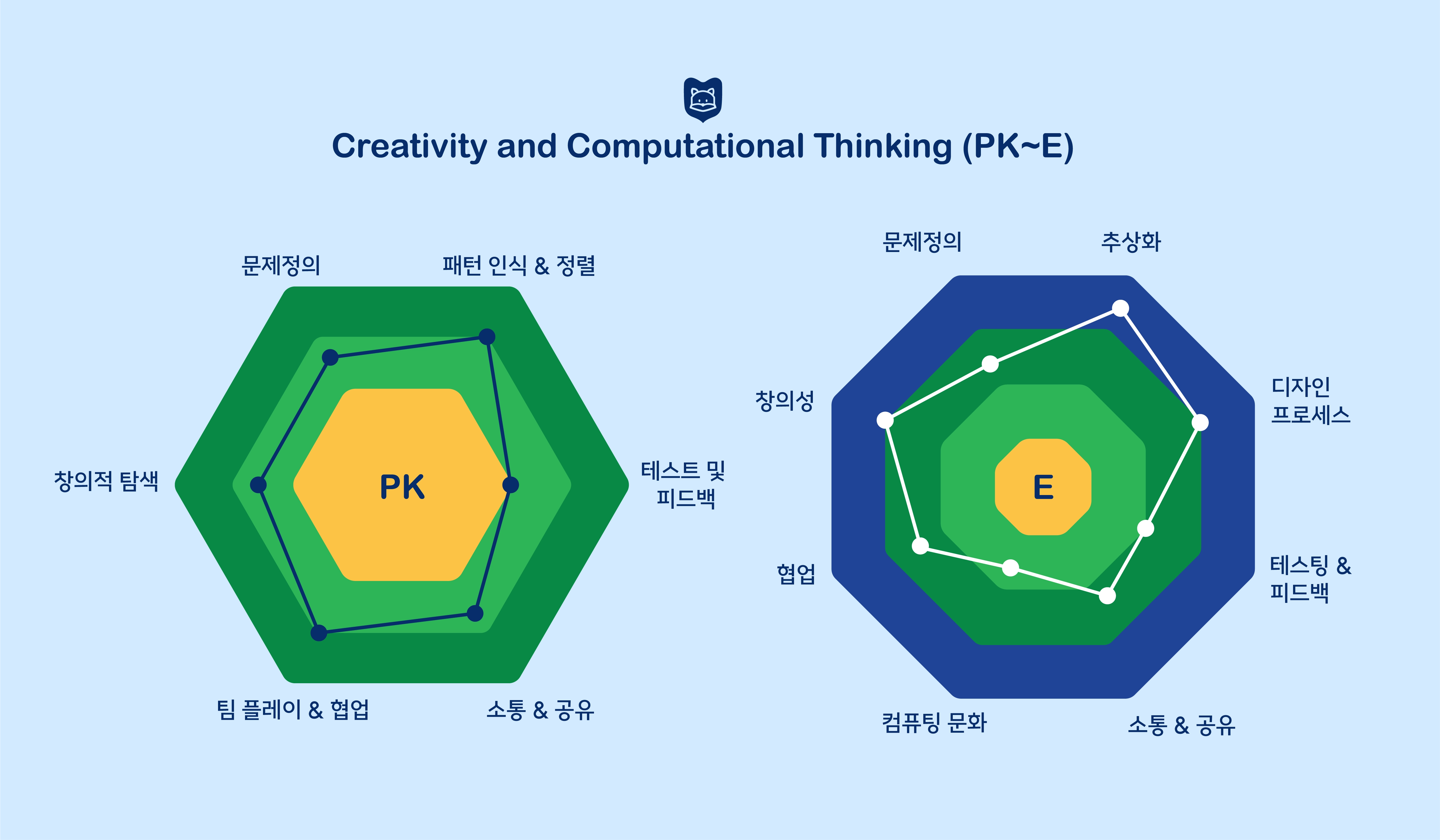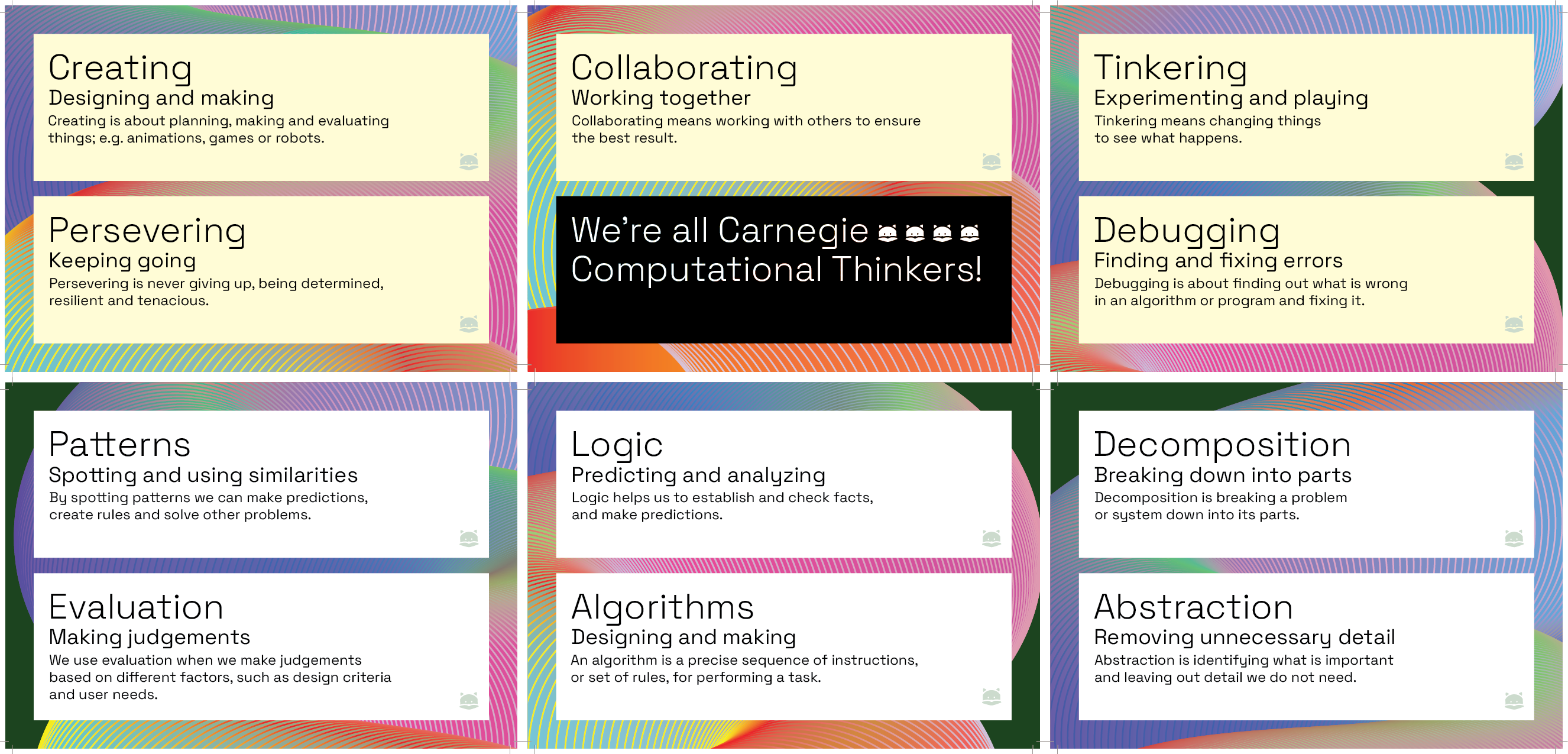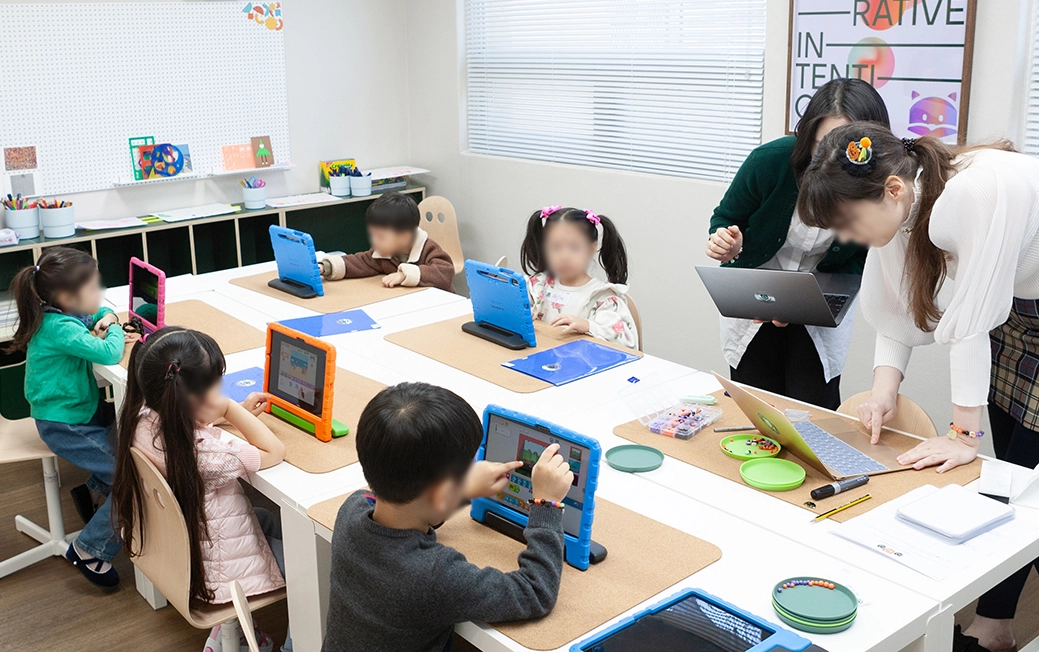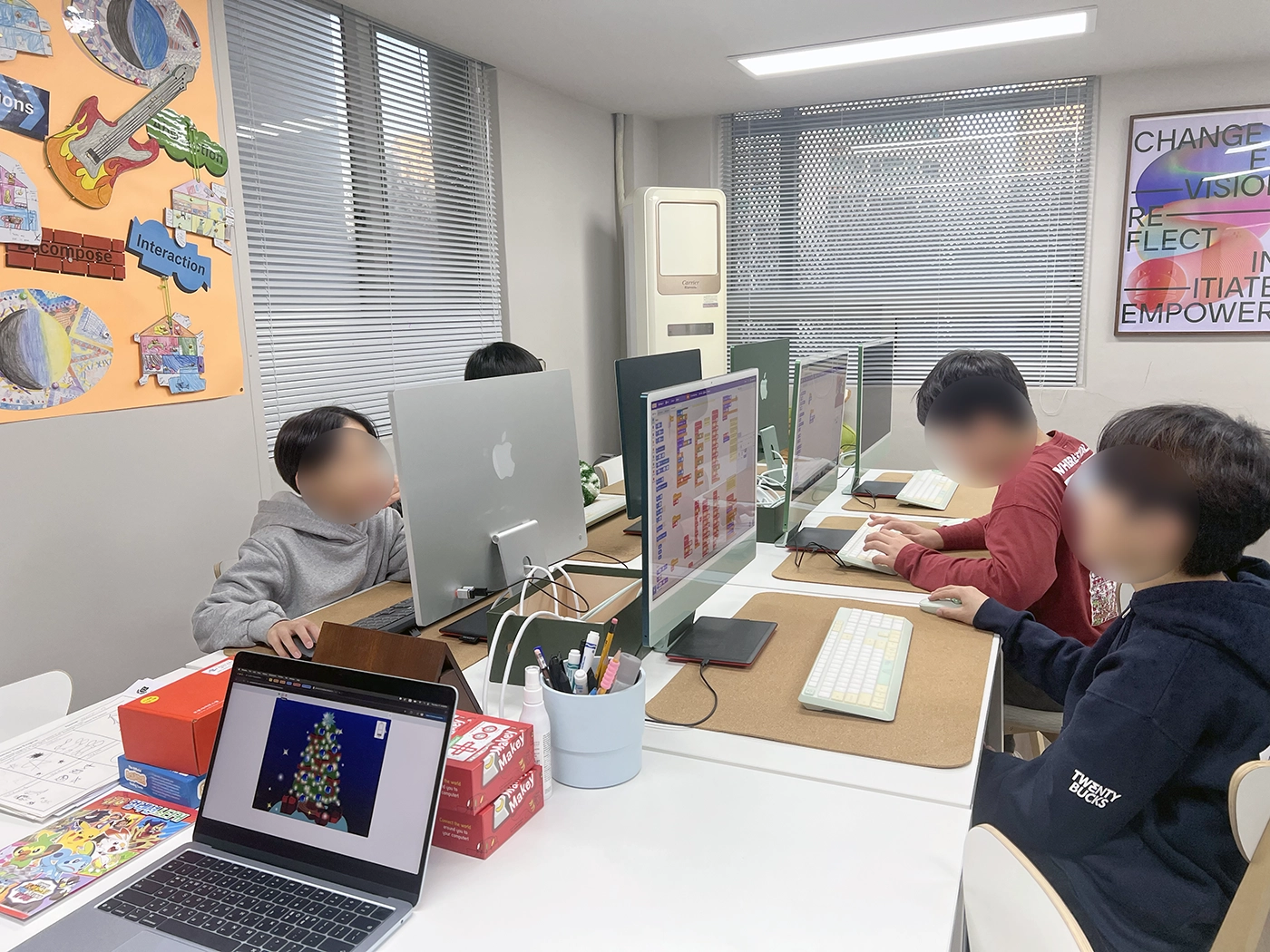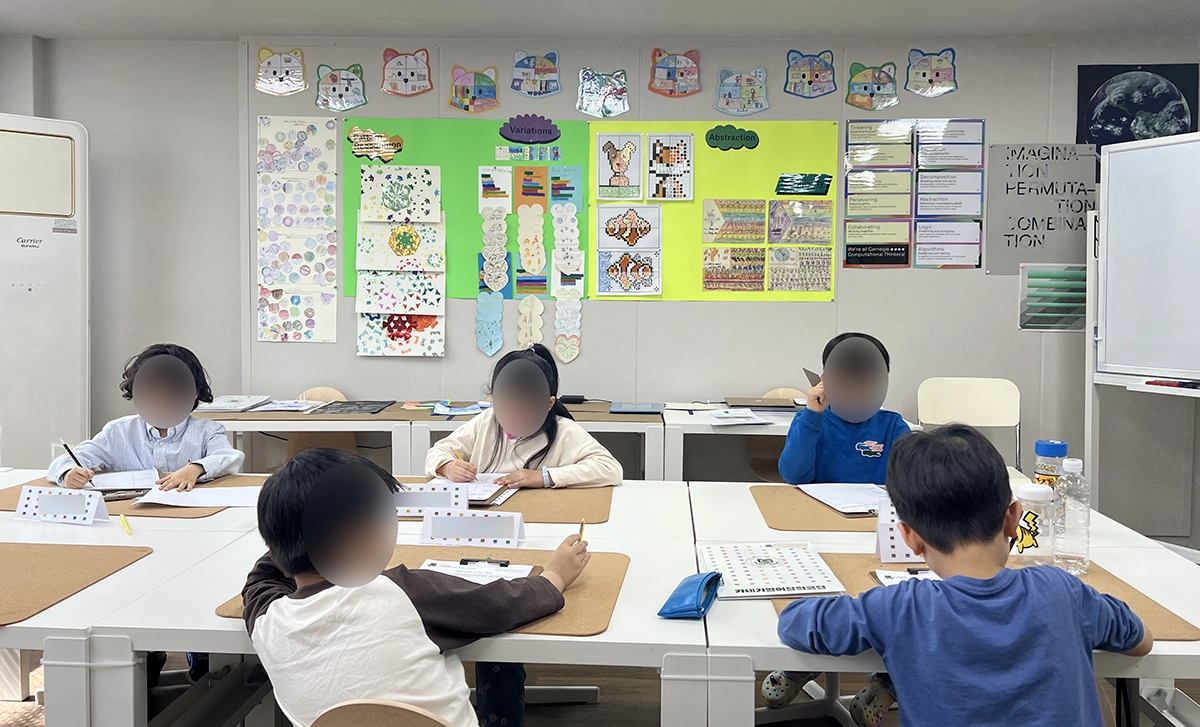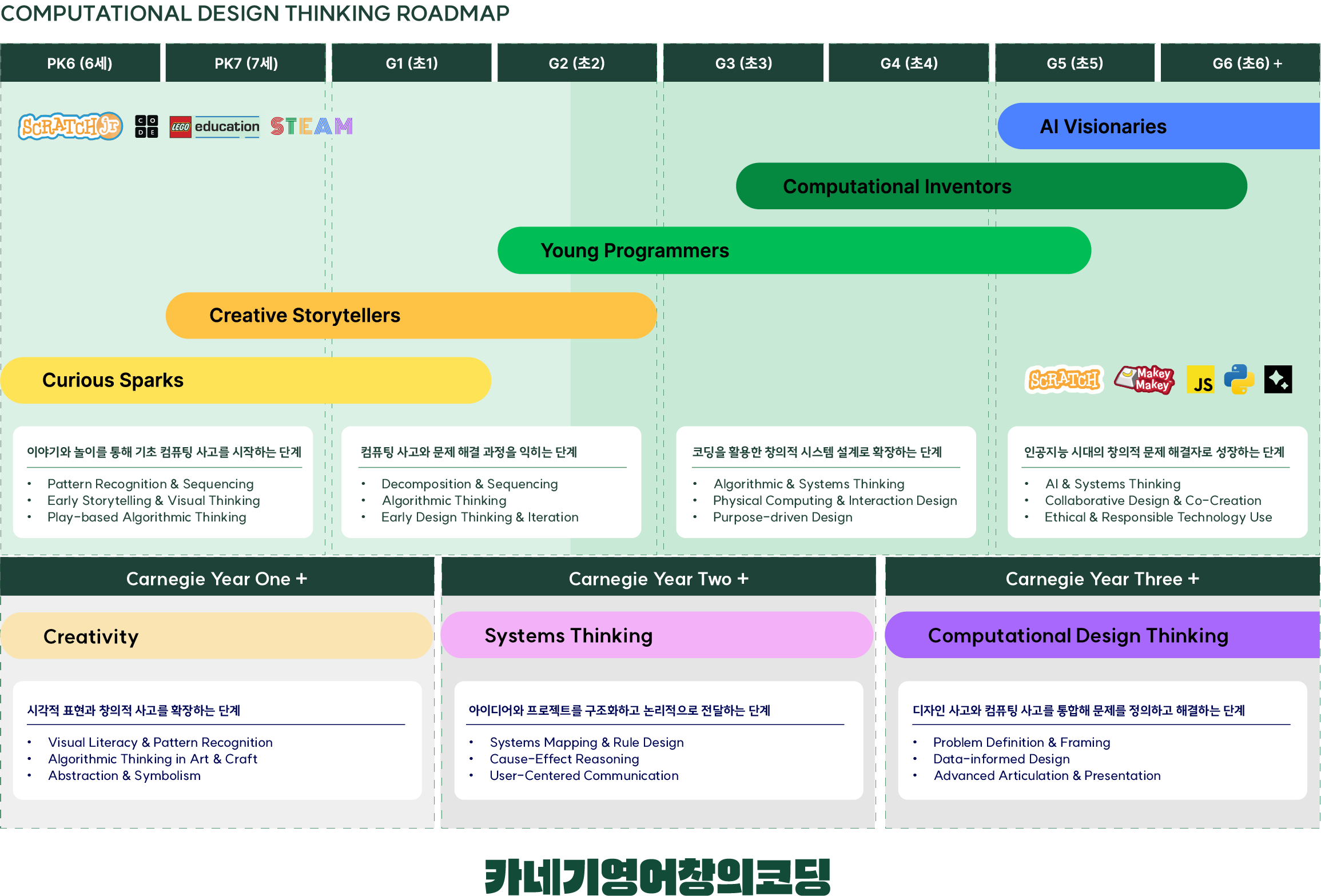At Carnegie Institute for Coding, Creativity and Ethics, we are all computational thinkers.
At Carnegie Institute, computational thinking is taught as a way of understanding and approaching real-world problems, not as a technical skill.
Developing computational thinking from an early age equips students with foundational abilities that extend far beyond programming.
Students learn to break down complex situations, recognize patterns, and design structured strategies for problem solving. While technology is used as a tool, the focus remains on how students think, reason, and make decisions.
Taking an interdisciplinary approach helps develop leadership skills.
Carnegie’s interdisciplinary curriculum integrates computer science, arts, philosophy, and social inquiry, encouraging students to engage with technology within broader social, cultural, and ethical contexts.
Rather than emphasizing technical outcomes alone, Carnegie prioritizes reflective, process-driven learning. Students consider why solutions matter, what values they reflect, and how their choices affect others, cultivating leadership and responsible decision-making.
